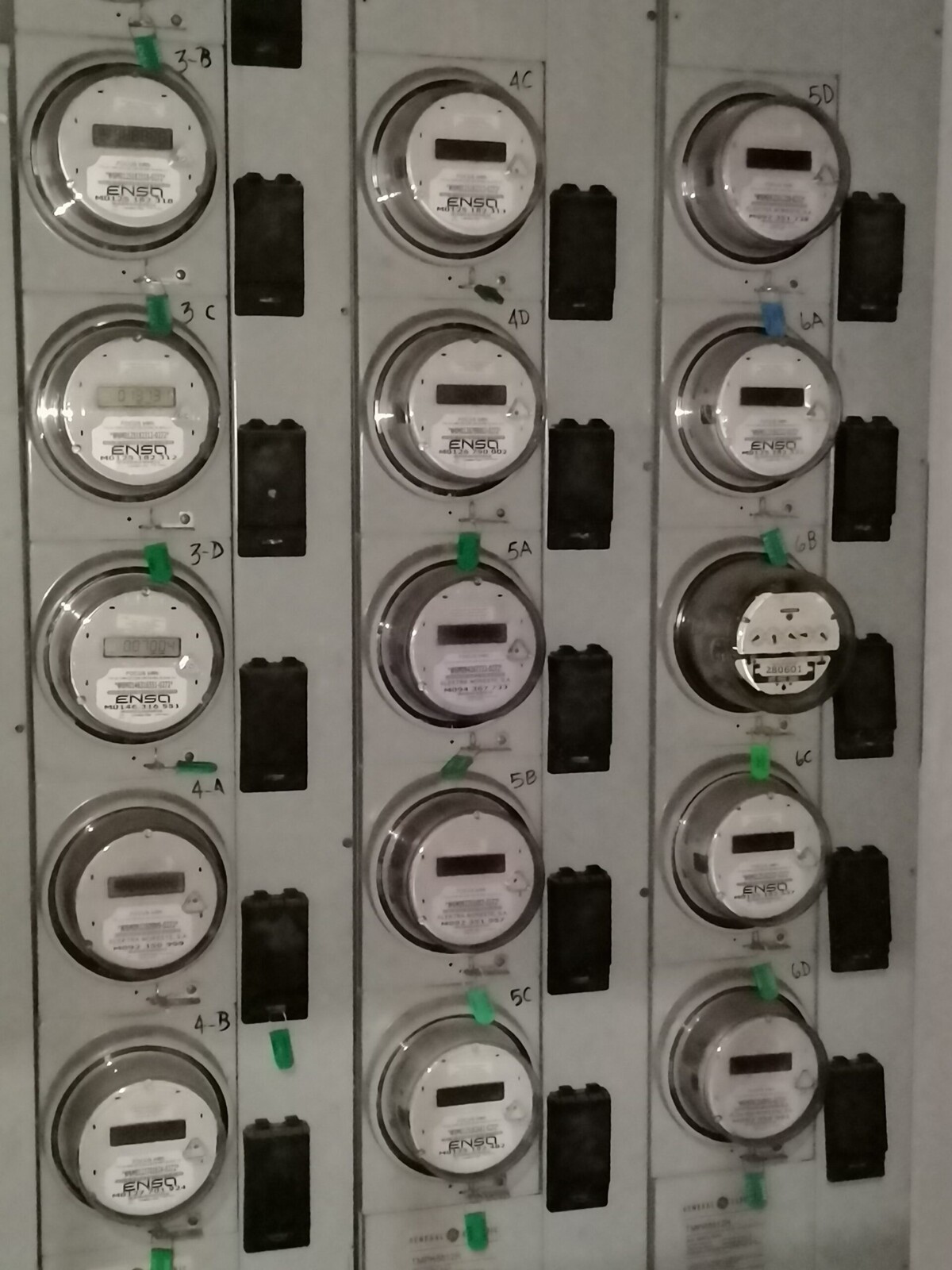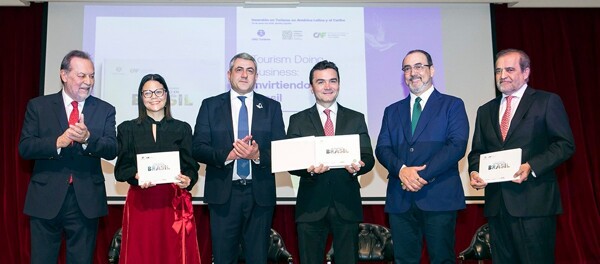
The tariff review of electric energy in Panama, which occurs every six months, does not always reflect the reality of what users must pay, especially affecting small businesses that see their bills double or triple from one month to the next. In addition to the increases in rates, consumers face poor service, with common outages in areas like Panama East and West, with electrical interruptions lasting up to 24 or 30 hours. Although there are regulations to ensure efficient service, the penalties for distributing companies can be insufficient, according to experts in the electrical sector.
The former president of the Panamanian Society of Engineers and Architects, engineer Gustavo Bernal, highlights the complexity of the electrical market in the country, which depends on several factors such as contracts with distribution companies, generation costs, and fluctuations in consumption. Bernal notes that the rates associated with electric supply vary and the changes directly impact the end consumer, added to differences in rates according to the type of consumption.
In this context, the government has promoted electric mobility projects as part of its efforts to reduce emissions and modernize the transport system, but promises of lower tariffs and quality services seem distant. Uncertainty persists among Panamanians who face multiple deficiencies in electric service.
Although renewable energies are presented as a possible solution, the lack of studies evaluating their viability and the high associated costs have generated criticism. Bernal mentions that unsuitable installers can leave inefficient or costly systems. Despite the effectiveness of solar and wind energy projects to reduce costs, not all Panamanians can access them, highlighting the need to overcome barriers for more consumers to benefit from these technologies.














